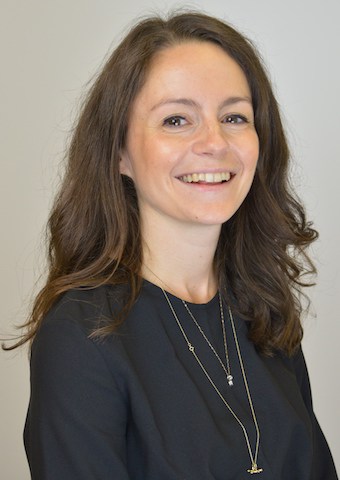We are delighted to announce that we will be funding three projects led by early career researchers in the alcohol field through the second round of the IAS Small Grants Scheme.
The call was announced in March 2022 and we were pleased to receive 15 applications, highlighting the need for funding opportunities at this level.
Proposals were considered in a two-stage process and reviewed externally. This was a highly competitive round with a diverse range of topics covered and the standard of applications overall was very high. Feedback was provided to all applicants.
We will be funding the following projects in the coming months:
- Dr David Whiteley, Glasgow Caledonian University: Alcohol marketing to LGBTQ+ communities: A scoping review
- Dr Philippa Case, University of Kent: Systematic review of modifications to alcohol brief interventions for people with cognitive decline
- Dr Lisa Schölin, University of Edinburgh: Honest discussions about alcohol use during pregnancy – an exploration of lay discussions on a British online parenting forum

Dr Sadie Boniface, Head of Research at IAS, said:
“This year’s projects address gaps in the evidence base for specific groups; LGBTQ+ people, people experiencing cognitive decline, and pregnant people. I am looking forward to learning the findings of the three projects, and I have every confidence the awards will further the researchers’ careers in alcohol research and policy.”
Dr Gillian W Shorter, Chair of the IAS Small Grants Scheme Committee and Senior Lecturer in Clinical Psychology at Queens University Belfast, said:

“The innovation and diversity in funding proposals for the IAS Small Grants Scheme this round powerfully demonstrated the strength of our Early Career Researchers in the UK. The reviewers and I were impressed by the quality of applications particularly given current global challenges and the COVID-19 pandemic.
“We are delighted to make these awards to the successful applicants and look forward to the novel insights they will bring to advance the field, their own careers, and influence alcohol policy.”
